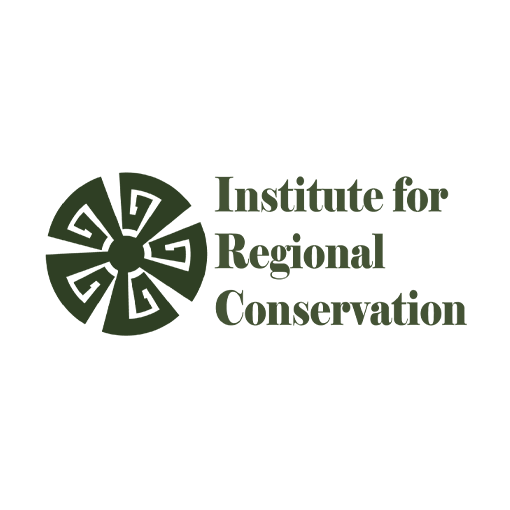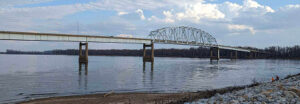
Institute for Regional Conservation
Civic Organization
The Institute for Regional Conservation (IRC) is dedicated to the protection, restoration, and long-term management of biodiversity on a regional basis, and focuses on the prevention of local extinctions of rare plants, animals and ecosystems. Founded in 1984, IRC promotes an innovative approach to conservation. The organization seeks to protect and restore viable populations of all native plant and animal species within key regions by designing conservation strategies powered by rich, geographically-distributed data. Its approach adds critical value to traditional conservation strategies focused on charismatic animals or species with small global ranges. This work is especially important in regions of the world where rapid fragmentation of habitats has been experienced, or is expected.
For more than two decades, the IRC has focused their field work in Florida and the Caribbean, but they are also engaged in high-level dialogue on ecological restoration and biodiversity targets more broadly around the world. They work in four domains: developing regional conservation models to advise and direct conservation strategies by diverse actors across broad regions; applied conservation science for researchers and land managers; ecological restoration and management; and, engaging with local communities to bring this work to fruition in the context of sustainability.


